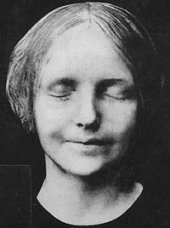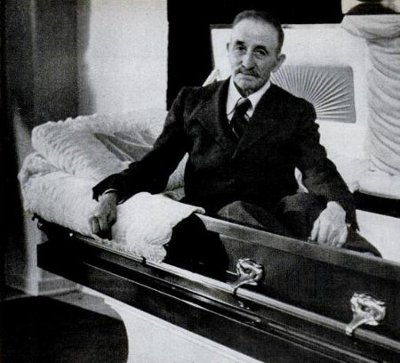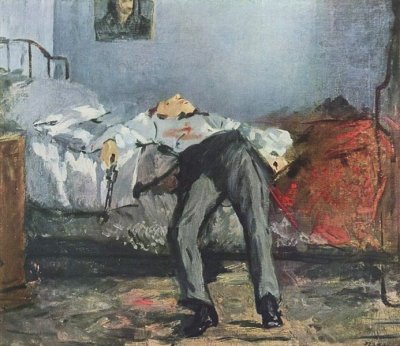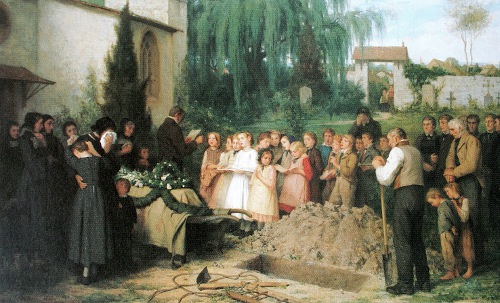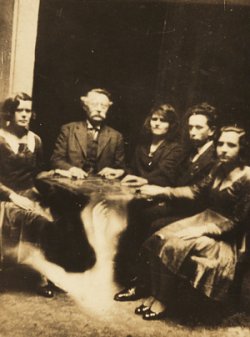
In a trance in 1926, medium Geraldine Cummins wrote out messages transmitted to her by a disembodied spirit who had died 1900 years earlier. Architect Frederick Bligh Bond transcribed, punctuated, and arranged the messages. When Bond published these in a newspaper, Cummins sued him. This raises an interesting legal question: Who holds the copyright?
In an extempore judgment, Justice J. Eve wrote that, although all parties agreed that “the true originator of all that is found in these documents is some being no longer inhabiting this world,” the medium’s “active cooperation” had helped to translate them into modern language. This might make her a joint author with the disembodied spirit, but “recognizing as I do that I have no jurisdiction extending to the sphere in which he moves,” he found that “authorship rests with this lady.”
Bond had claimed that the writing had no living author, that, in Eve’s words, “the authorship and copyright rest with some one already domiciled on the other side of the inevitable river.” But “That is a matter I must leave for solution by others more competent to decide it than I am. I can only look upon the matter as a terrestrial one, of the earth earthy, and I propose to deal with it on that footing. In my opinion the plaintiff has made out her case, and the copyright rests with her.”

